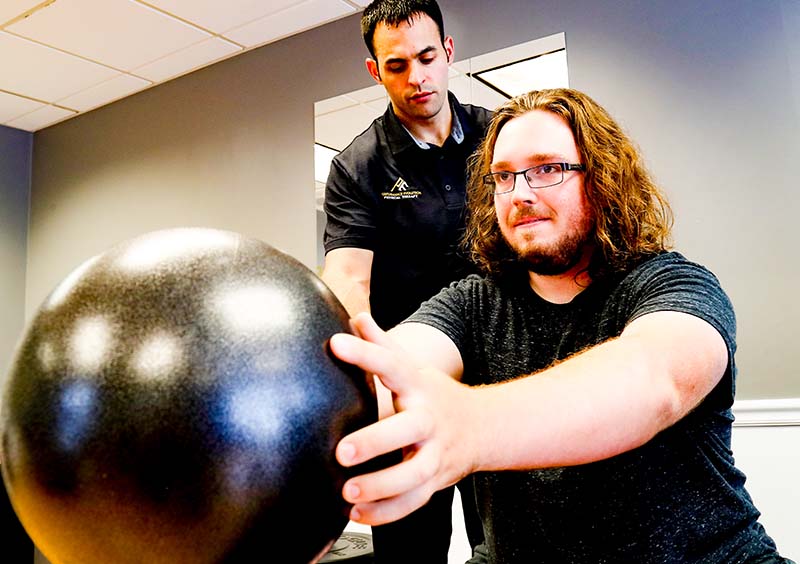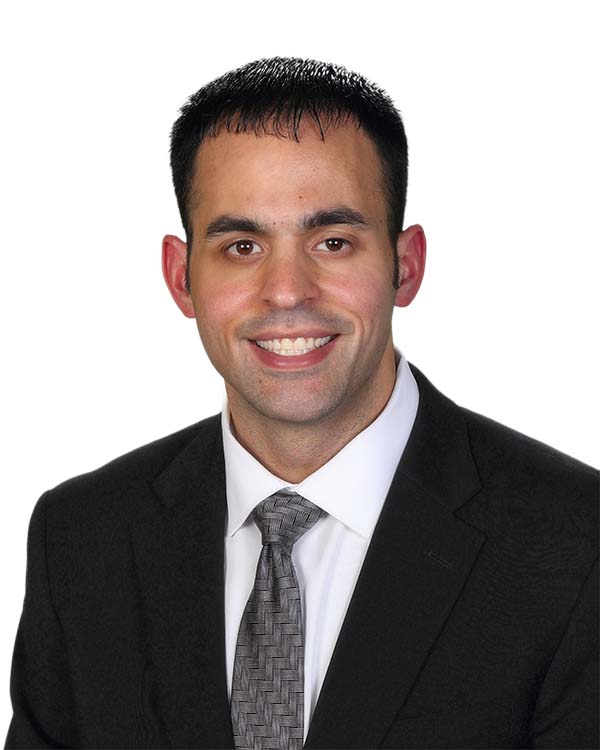What is Post-Operative Physical Therapy?
Undergoing surgery takes a toll on your body both physically and mentally. While the goal of surgery is to improve one or more conditions to improve your quality of life, oftentimes, the journey to recovery doesn’t stop in the recovery room. The time spent right after the surgery is almost as important as the surgery itself, as incorrect healing can reverse any good the surgery has done.
Surgery can have a significant impact on your range of mobility and muscle strength, so depending on the surgery performed, physical therapy may be suggested or even required by your surgeon. For many people, entering into physical therapy after surgery can ensure a full and proper recovery and reduce the likeness for more surgery in the years to come.
Does my surgery qualify me for post-operative physical therapy?
While physical therapy is beneficial after almost any surgery, there are a few operations in particular where it’s more crucial. These include:
- Back Surgeries
- Joint Replacement
- Meniscus Surgery
- Muscle/Tendon Repair
- Ligament Reconstruction

Frequently Asked Questions About Post-Operative Physical Therapy
How do I get started?
Questions about post-operative physical therapy care? Not sure where to get started or what kind of physical therapy is right for you? Contact us today, and our licensed physical therapist will guide you on your road to recovery.
About Us
PhysioHealth Physical Therapy was founded by Dr. Christopher Gomes, DPT, OCS, CSCS. Our clinic provides specialized care within a friendly and professional environment. At PhysioHealth you will receive one-on-one treatment that is evidence-based and personalized to meet your goals. You will always receive comprehensive education on your injury and recovery plan in order to maximize your knowledge and results.

